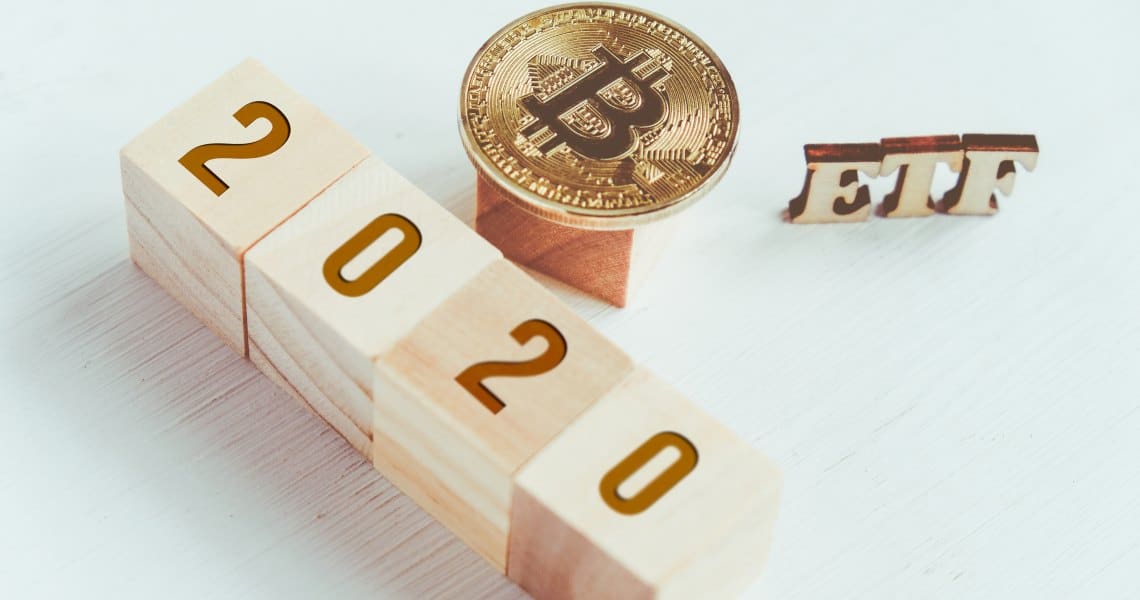For some time now, there is no longer any relevant news about ETFs on bitcoin.
Some time ago, however, there was a time when many people expected that they would arrive soon and generally gave these financial instruments considerable importance regarding the future of bitcoin.
The fact is that in the past there were indeed few regulated financial instruments that allowed you to invest in bitcoin without having to expose yourself by buying and storing tokens. Therefore, at the time, it was more than fair to imagine that if ETFs were made available on the US market, they could significantly facilitate the entry of new capital into the crypto market, perhaps from institutional investors or common retail investors.
Instead, the path to their approval proved to be rather difficult, mainly due to the SEC’s reluctance.
In the meantime, however, thanks to the CFTC, bitcoin futures have been approved, first settled in dollars (those of the CME in Chicago) and then settled in BTC (those of Bakkt in New York).
Moreover, institutional capital seems to have started to flow in this new market, therefore a lot of interest in ETFs has been lost.
In fact, while ETFs would serve not only institutional investors in search of regulated assets, but also retail clients, at this stage the institutional capital that has flowed would seem to be sufficient to allow the development of this market, even in the absence of a large mass of retail investors.
For this reason, the urgent need for ETFs on bitcoin is no longer felt, so much so that several proposals in this sense have been withdrawn. On the other hand, if the SEC, which is the only authority that could approve them, is not at all inclined to do so, and as the need seems to have faded so far, it would in fact make very little sense to insist.
In fact, outside the American market there are already financial products similar to a bitcoin ETF, but they are products that have a very limited, often local, market. The real game is the one being played in the United States, and so far no one has managed to win.
For example, according to Jan van Eck, the CEO of VanEck Associates, there is very little chance that the SEC will soon decide to approve an ETF on bitcoin, and since VanEck is one of the companies that has tried the most, this seems a clear admission of defeat. Therefore, in the US this game seems to have ended with a defeat for those who wanted to issue these new financial instruments.
However, the games could reopen in the future, especially if the US attitude towards cryptocurrency changes, as it would seem after some recent news that show an apparent change of approach.
For now, the market seems to be able to do well without these financial instruments, so if demand is not massive, it is difficult to imagine that some suppliers might want to start playing a game again, which could continue to be very difficult to win.
But if things change from this point of view, for example during the course of 2020 or 2021, then the SEC may find it more difficult to defend its rejection of regulated financial instruments for the US market that also allow ordinary retail investors to speculate on the price of bitcoins.




